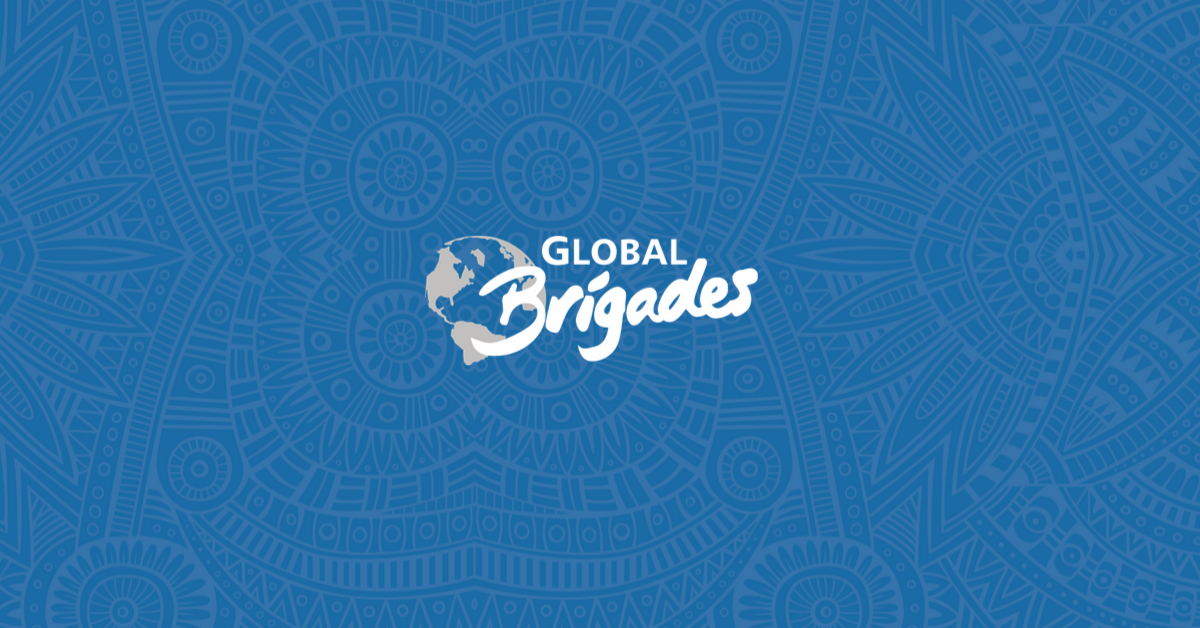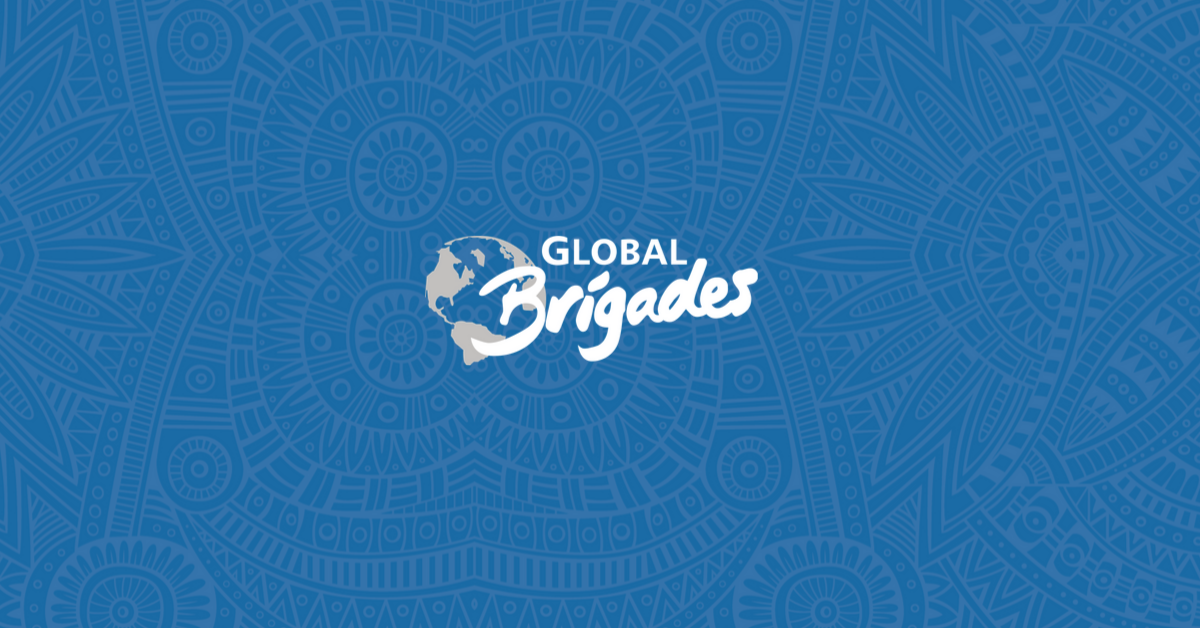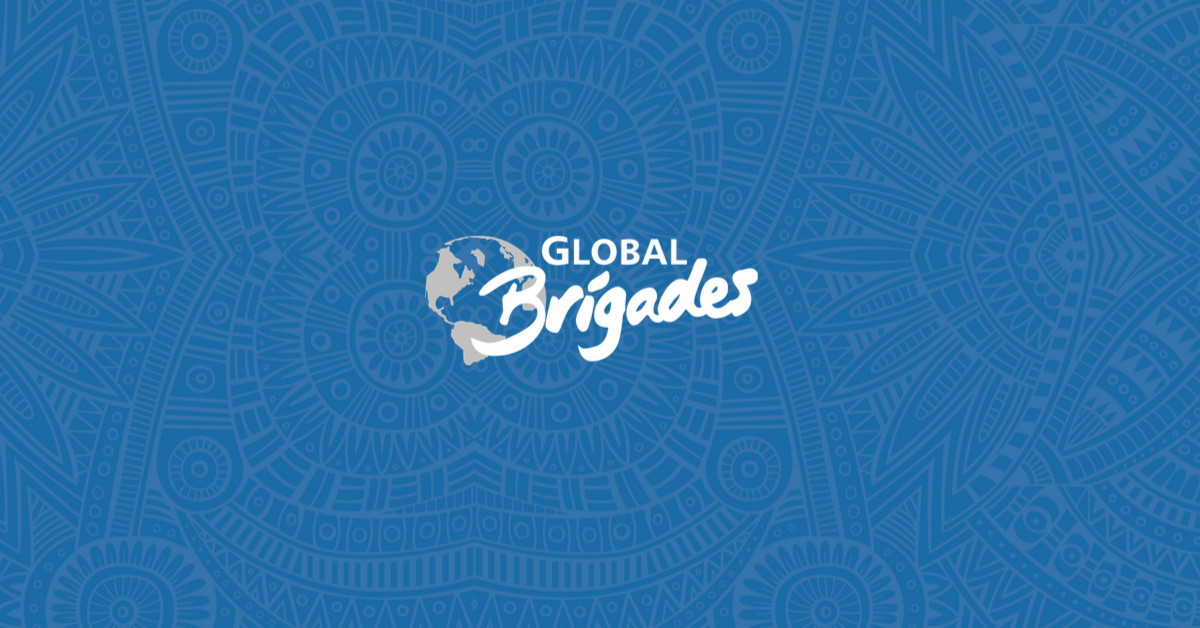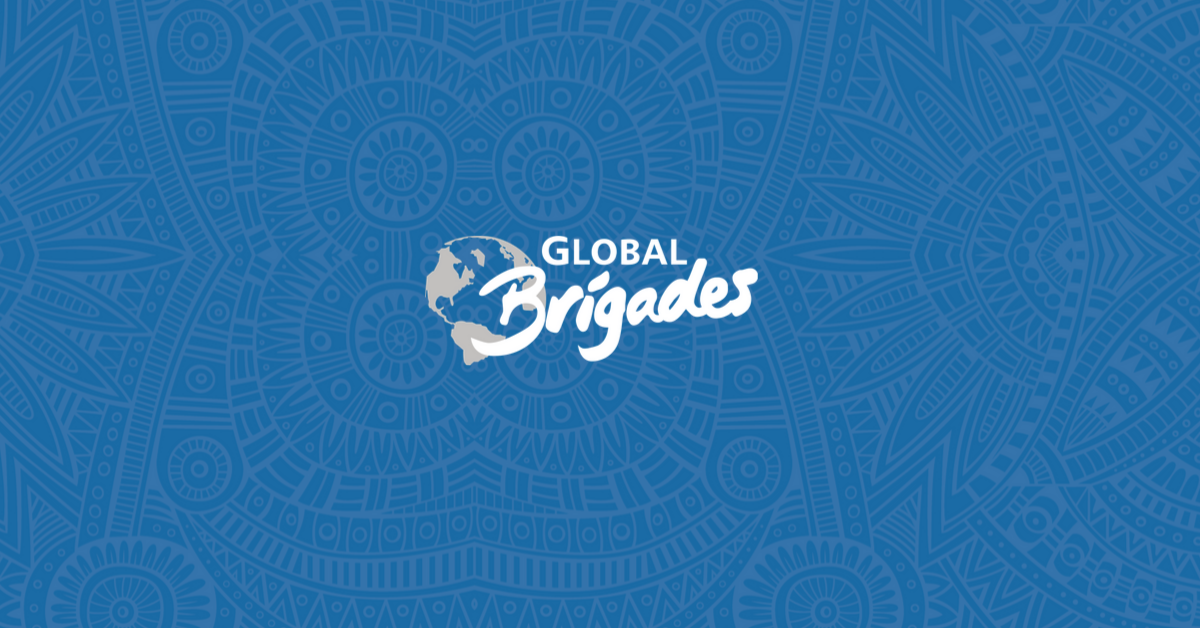The following blog post was written by guest blogger Claire Seigworth. Claire graduated with a B.A. in International Relations and a minor in Spanish Literature from Marquette University. She has traveled to many Latin American countries, studied in Santiago, Chile and worked in Panama for Global Brigades.
Like many countries in Central America, Honduras has struggled on the path towards development. Analyzing Honduras’s situation from the economic and human development perspectives will help everyone understand what the problems are and where this country has had some achievements.
Economy
Like many economies in the region, the economy relies on agriculture and is deeply tied to exporting goods to the United States. Coffee and bananas still compose a major part of their economy, but textiles are increasingly important.[1] The economy has been fairly stable the past few years. GDP growth has stayed between 3.3 percent and 3.7 percent and is projected to grow at 3.5 percent this year.[2]
Despite the economic growth Honduras experienced, GDP per capita has slightly increased over the past few years. GDP per capita in 2012 was $2331 and was $1153 in 2000.[3] In order to understand what this means beyond the mathematical average, the gini coefficient demonstrates how income is distributed in the whole country. With a gini coefficient of 61.3, income is very unequally distributed.[4] This translates into a population where two thirds of all people live in poverty and almost half of Hondurans live in extreme poverty.[5] Clearly poverty is a major challenge that most people have to deal with on a daily basis.
Human Development
Honduras has made improvements in terms of human development, but has a lot of work to improve the quality of life. In a compilation of health, education, and income indicators, Honduras has a score of 0.632, which is ranked 120th in the world.[6]
Honduras has made an impressive effort towards improvement in human development as set by the Millennium Development Goals. Scoring 7 out of 8, Honduras is on track to meet all of the development goals by 2015.[7] They are on track to meet the goals of halving the population that live on $1.25 per day, the amount of undernourished people, and the amount of people without access to safe drinking water, achieving gender parity in education, universal education, and reducing the rate of which HIV/AIDS is spread.[8] Honduras has the potential to reach the goals of reducing child mortality by two thirds and maternal mortality by three fourths, but currently is not reaching these two millennium goals by 2015.[9]
Clearly health is still an area where more effort is needed to improve human development, especially regarding maternal and child health. Serious improvements are needed in the health care system, which is ranked 131st by the World Health Organization.[10] Its high level of poverty, especially in rural areas is an obstacle in achieving better health and human development outcomes, but with a concerted effort Honduras can make strides towards progress in bettering the lives of its citizens.




